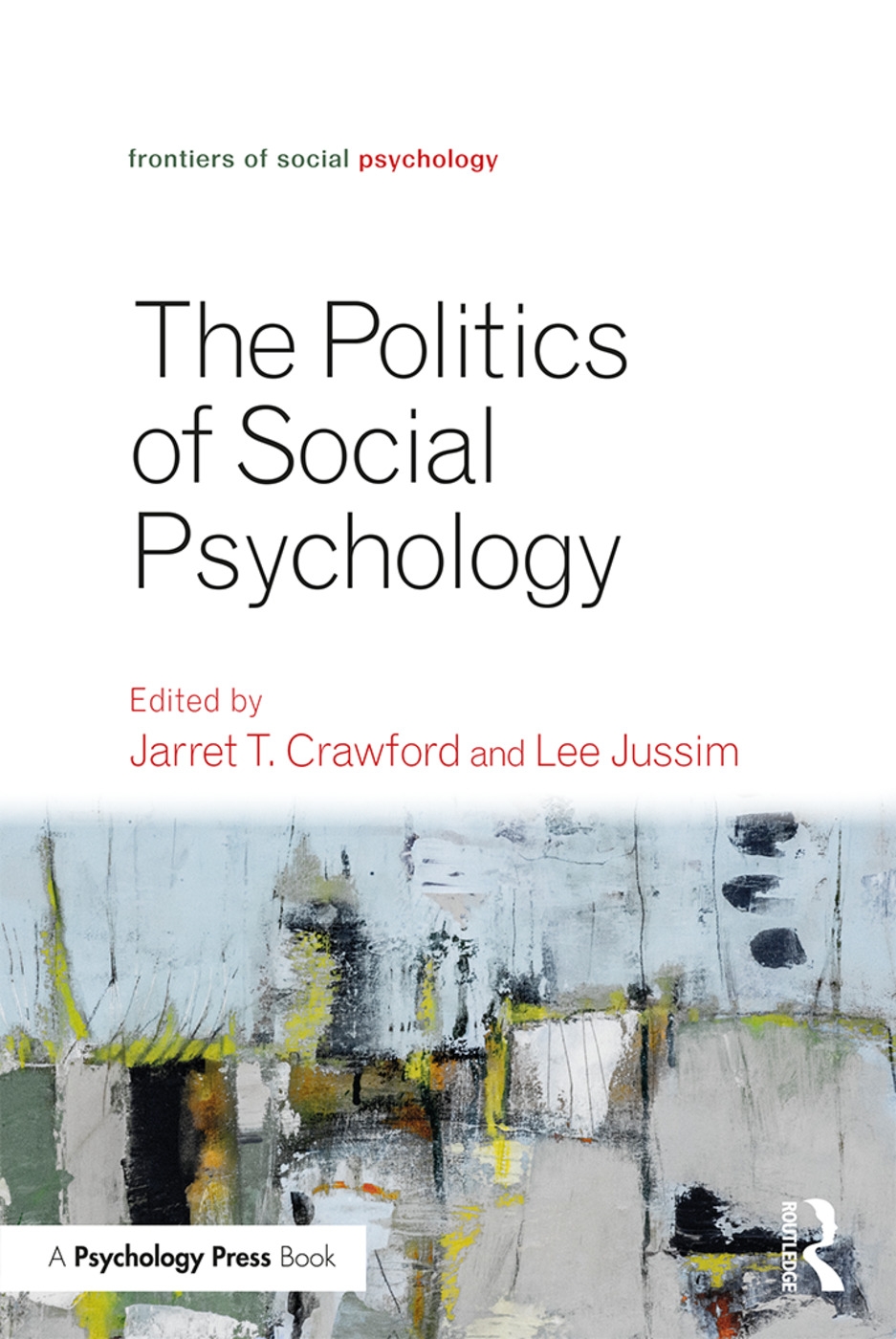Social scientists have long known that political beliefs bias the way they think about, understand, and interpret the world around them. This volume explores the complex and often contentious political influences within the field of social psychology. While most scientists aspire to be dispassionate observers, this volume reveals how political biases may affect theory development, the selection of hypothesis-testing and other methodologies, data analysis, and the interpretation of findings. The contributors, scholars from social psychology and related fields, use many of the major themes in social psychological research to examine the discipline itself, including the effects of motivated reasoning, attitudes, beliefs, values, goals, ideology, and prejudice. They also present solutions that may lead towards a more depoliticized social psychology that can become a model for discourse across the social sciences.
| FindBook |
有 1 項符合
The Politics of Social Psychology的圖書 |
 |
Politics of Social Psychology 作者:Crawford 出版社:Psychology Pr 出版日期:2017-08-15 語言:英文 規格:平裝 / 15.2 x 22.9 x 1.9 cm / 普通級 |
| 圖書館借閱 |
| 國家圖書館 | 全國圖書書目資訊網 | 國立公共資訊圖書館 | 電子書服務平台 | MetaCat 跨館整合查詢 |
| 臺北市立圖書館 | 新北市立圖書館 | 基隆市公共圖書館 | 桃園市立圖書館 | 新竹縣公共圖書館 |
| 苗栗縣立圖書館 | 臺中市立圖書館 | 彰化縣公共圖書館 | 南投縣文化局 | 雲林縣公共圖書館 |
| 嘉義縣圖書館 | 臺南市立圖書館 | 高雄市立圖書館 | 屏東縣公共圖書館 | 宜蘭縣公共圖書館 |
| 花蓮縣文化局 | 臺東縣文化處 |
|
|
圖書介紹 - 資料來源:博客來 評分:
圖書名稱:The Politics of Social Psychology
|









 2025【精選作文範例】國文(作文)[速成+歷年試題](不動產經紀人)](https://media.taaze.tw/showLargeImage.html?sc=14100120564)